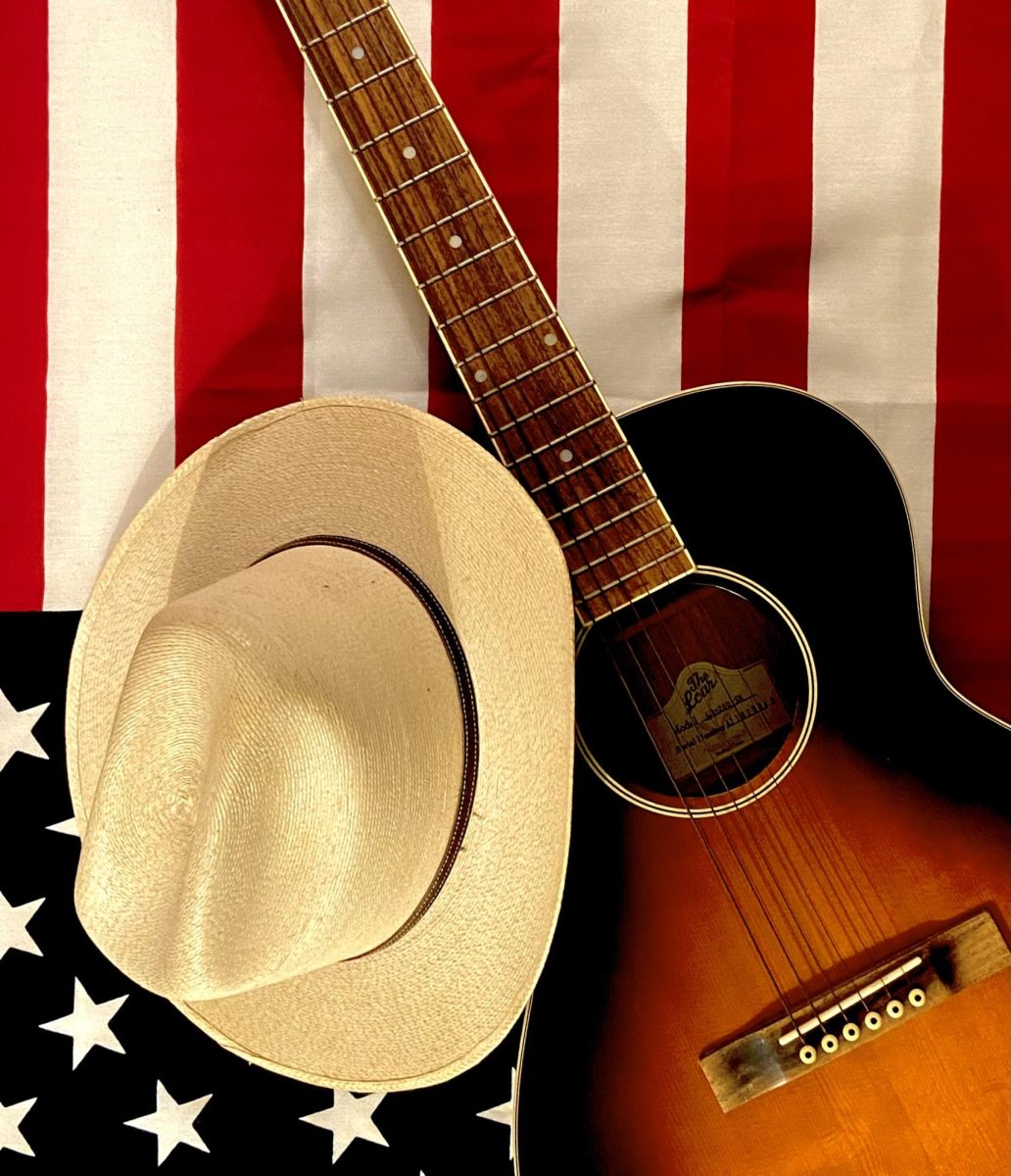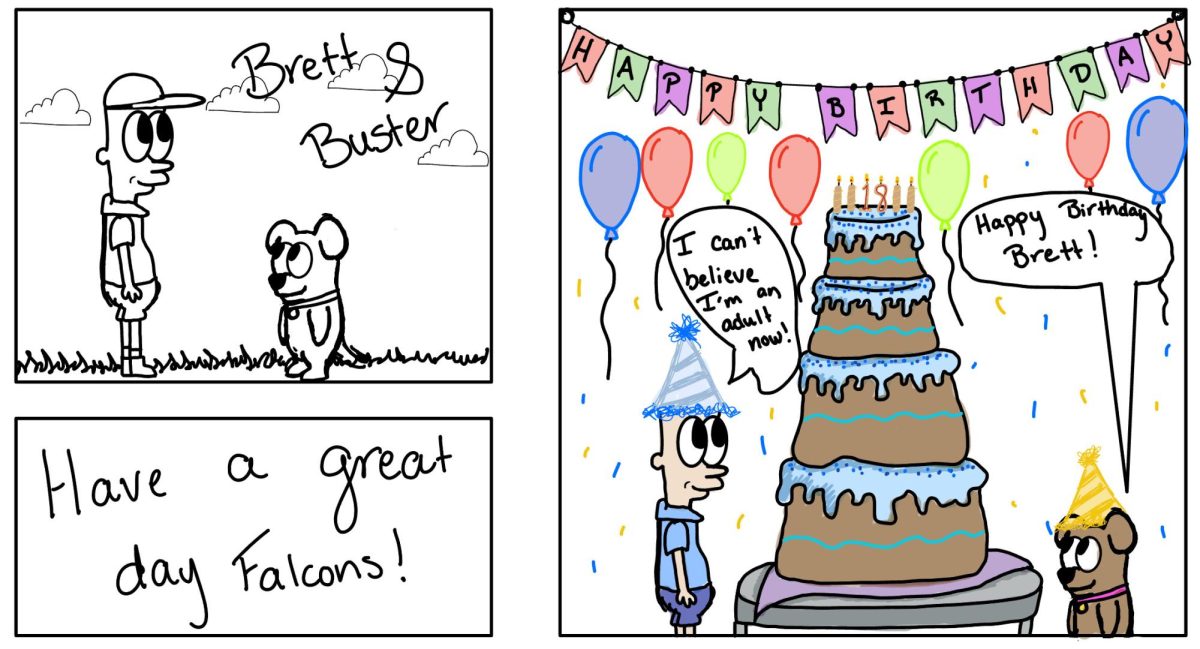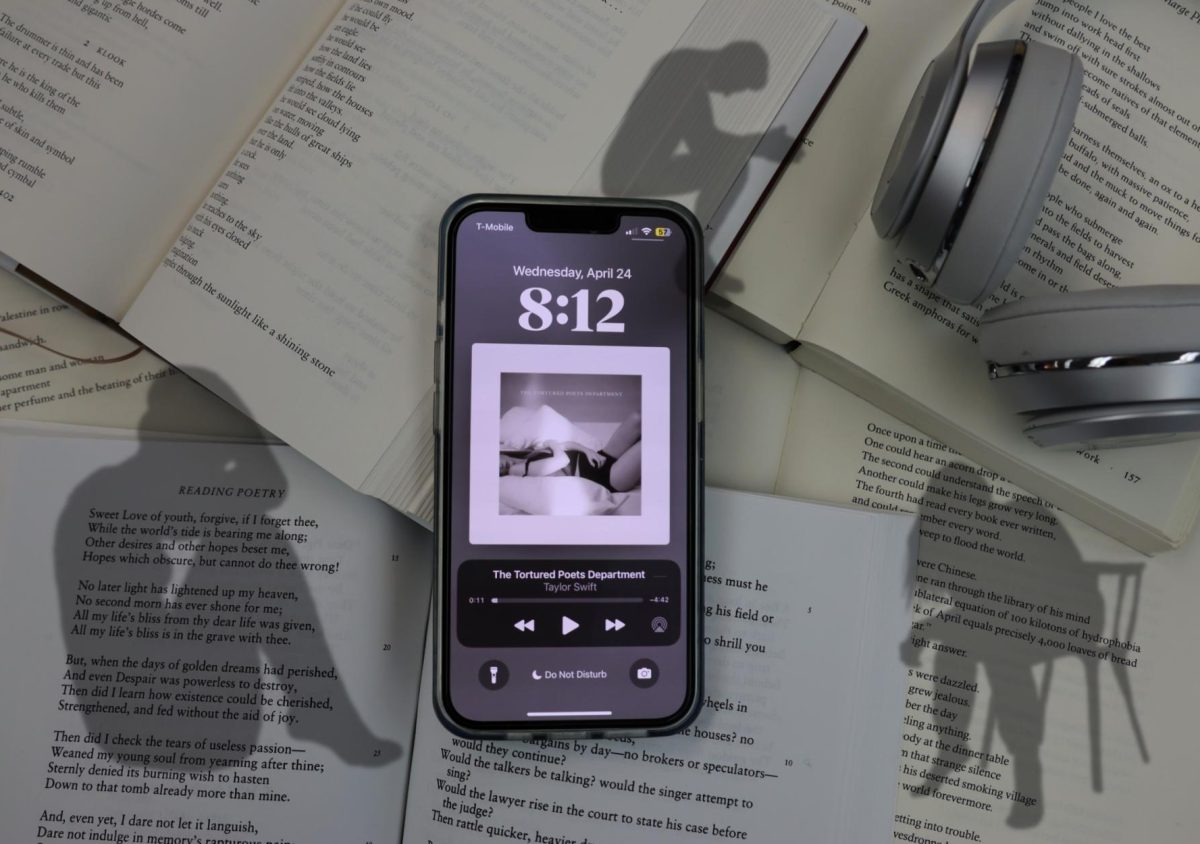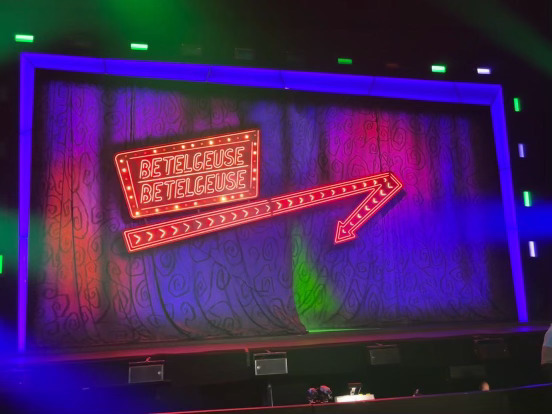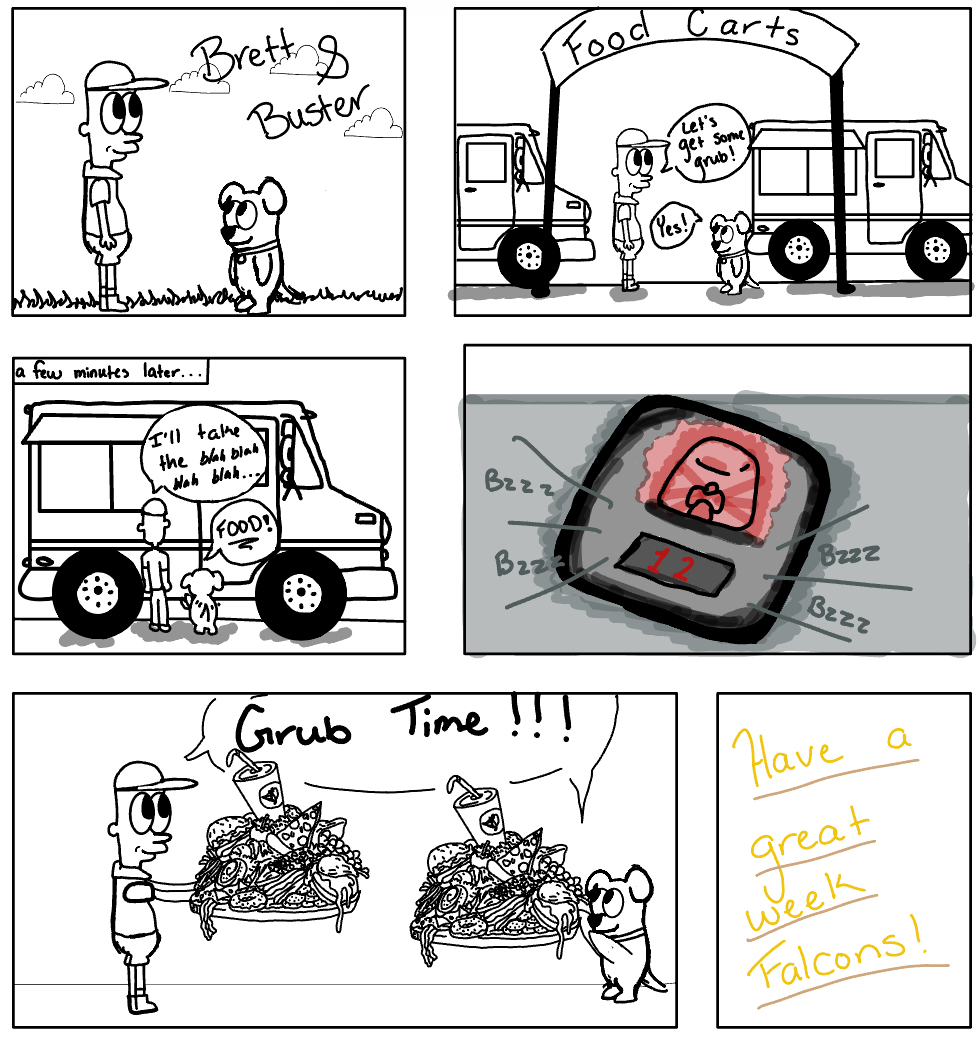Emerging from the roots of country and the evolution of the genre in the mid 20th century, the outlaw sound of the ‘70s and ‘80s stripped down and clearly expressed those raw emotions that are at the core of country music still today. This article is a homage to this great era, the reasons it emerged, the key musicians that shaped it, and an accompanying playlist of 100 of the best songs of this era. Hopefully this article will open up the hearts and minds of the next generation’s audience to its timeless power and beauty.
Before we get to that era of “outlaw” country, we need to unpack what country music really is and where it came from.
What is Country Music?
As a music genre I believe country music is rightfully not categorized as an art form (as genres such as classical music are obviously portrayed), nor is it a sophisticated genre. Country music is more of a vessel to harbor and evoke our emotions; emotions about happiness or struggle, things we all feel.
It would be wrong to say country music does not possess a specific audience — in fact I would argue it is the audience that makes the music what it is. Many country singers spoke about their own struggles and hardships and did not alienate themselves from a common society. The so-called “outlaw” country musicians of the ‘70s and ‘80s recaptured the spirit and struggle of the American working man, as well as the freedom and patriotism of our country.
By and large, country music preaches to the simple man, a man that yearns for the old way of life, a man that feels lost in the complexity of the modern world. These qualities are all on the mind of the singer and expressed through all their songs which allows us to relate to the musician.
““I’m just a man, no more or no less. Bad as the worst, good as the best.”
— Waylon Jennings: I’ve Got My Faults.
People often think of country music as cheesy or bad, perhaps a subject to poke fun at. And while there are undoubtedly many country songs worth poking fun at, we cannot overlook the fact that old country is a truly authentic form of American music crafted from an outlaw spirit of rebellion and authenticity, which speaks to our nation’s traditions, struggles, and values.
When we think of musical artists we often think of famous singers living in glamorous mansions with supercars, but country singers inhabit quite the opposite persona. Most country singers would consider themselves a representative of the working man and would not see themselves far from that of a working man themselves. They largely chose not to partake in the lifestyle of famous singers and musicians. As we will see, the outlaw country musicians reinvigorated this sense of the preacher and teller of hard life stories.
Where Did Country Music Originate?
Country music, like much of American music, is fabricated from various influences of nearby nations and nations from across the Atlantic. The biggest influence to modern country music is that of folk music originating in Northern Europe, largely from the British Isles. This music was brought across the Atlantic with European mass immigration in the 18th and 19th century.
The other most important contribution to country music is that of African-American influence. With the main pillars of classic country being rhythm and blues, we begin to see from which culture its foundations were built upon. African-American music was brought over with the Trans-Atlantic slave trade. This original influence continued to evolve into many important forms of music, most prominently the blues.
The blues had a significant influence on early country music. It was the music of the soul. It spoke of deep emotion and became a way for people to express their sorrows due to its roots residing in songs developed by American slaves. Blues continued to evolve into the early 1900s as it spoke about oppression, injustice, and struggle, topics understood by lower-class Americans, race aside.
While blues developed in the south, Northern European music was integrated into American culture and adapted uniquely. This music was especially popular in the Appalachian region, a region on the U.S.’ East Coast which was inhabited almost entirely by non-wealthy working class folk.
Although these two key genres were extremely different in sound, both spoke the voice of the struggling man. Whether that struggle be oppression, slavery, sickness, heartbreak, loss, or extreme poverty, these two forms of music appealed to the soul — unlike many other forms of popular city music, which evoked emotion of rich people who were only in need of entertainment.
The last major form of music to influence classic country was Mexican music — specifically ranchera music during the 1920s. This music embodies the themes of romance, patriotism and love of nature. These themes greatly parallel American values, which boosted its popularity north of Mexico.
Country Music of the ‘70s and ‘80s
Traditional American country music was developed in the early 1920s with the advent of records and radio. It spanned until the ‘50s as a mixed breed of all of these previously mentioned influences while adopting its own values, which made it uniquely American. You may have heard of many well-known musicians from this era such as Jimmie Rodgers, Gene Autry, Bob Wills, and later, Patsy Cline and Hank Williams. This style was born out of the Great Depression and it shows in the songs produced during this time, as they spoke of poverty, heartbreak, addiction, and depression.
In the ‘50s and ‘60s, country had become a highly produced industry of idolized singers featuring full orchestras that performed in concert halls. While it was still country music, it began to show a detachment from its working class soul.
Some artists showed disdain towards this overly glamorized and unspirited trend in country music’s production and sought to tie it down to its roots. This movement of change was kickstarted most prominently by Waylon Jennings. At the time, Jennings was an already famous artist living in the city of Nashville, but his true musical values were limited by the contract terms of his production company leaving him unable to take initiative in creating the music that he truly believed in. This would change in 1972 when Jennings negotiated a deal that granted him freedom of production, a right that was previously non-existent as record labels had full control over the artist.
With his newfound production freedom to immediately dismantle the gaudiness and glamor from his music, which was enforced by his previous label, Jennings stripped the music to its country core and spirit, utilizing the power of a small band and the voice of one man instead of an orchestra. He began to sing about more of the genuine topics of life, such as struggle, heartbreak, and poverty, which were influenced by his own poverty-stricken upbringing in west Texas. This added authenticity to his music and topics that could be related to by the working man. It is also important to know that this new era of music was heavily influenced by the classic rock sound of the ‘60s and ‘70s and the revival of the bare bones honky tonk sound. These influences contributed to its dramatic difference in sound compared to the previous eras of country music.
Many musicians followed this path of creating authentic music that preaches the struggles and successes of life that we all feel. It was the music of the country folk and working man; evoking freedom, happiness, and patriotism. Some of the most prominent musicians that helped constitute this era were Waylon Jennings, Willie Nelson, Kris Kristofferson, Merle Haggard, George Jones, Johnny Cash, Hank Williams Jr., George Strait, and many more.
Hopefully, the spirit of classic country music can remain meaningful and inspirational to many for years to come. “Outlaw Country” is a genre that has often become overlooked by the newer generations, but nonetheless remains solid American gold made in the heart of the country — an authentic voice of the common man.



